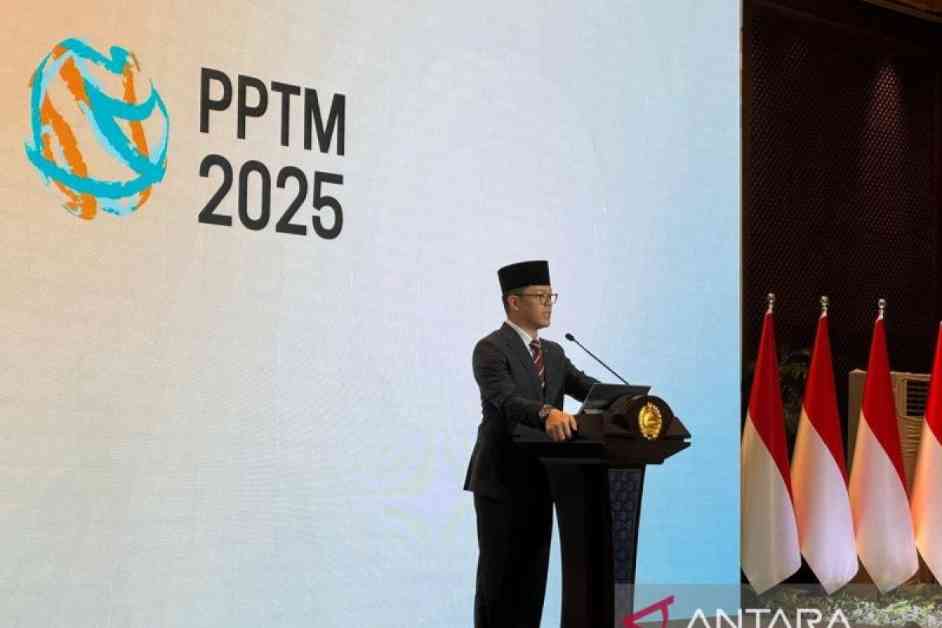Foreign Affairs Minister Sugiono of Indonesia has reaffirmed the country’s commitment to upholding international law, specifically the United Nations Convention on the Law of the Sea (UNCLOS) of 1982, in addressing disputes in the South China Sea. In a recent statement, he emphasized the importance of prioritizing peaceful resolutions to conflicts in the region to maintain maritime stability.
Maritime stability is crucial for Indonesia, as the nation oversees key shipping routes like the Strait of Malacca, the Strait of Singapore, the Sunda Strait, and the Lombok Strait, which play a vital role in the global economy. Sugiono reiterated that Indonesia’s diplomatic efforts align with the country’s constitutional mandate to safeguard national interests, including territorial integrity and sovereignty.
To promote dialogue and cooperation, Indonesia is actively engaged in finalizing the Code of Conduct in the South China Sea, aiming to establish a framework for resolving disputes amicably. By adhering to UNCLOS and advocating for peaceful conflict resolution, Indonesia seeks to enhance regional stability and security.
Strengthening Global Health Architecture
In addition to addressing maritime security concerns, Sugiono highlighted Indonesia’s commitment to strengthening the global health architecture in response to evolving challenges, such as disease outbreaks and pandemics. Drawing lessons from the COVID-19 pandemic, he emphasized the importance of comprehensive health diplomacy and collaborative efforts.
Indonesia plans to work with international partners to enhance the capacity of its healthcare workforce and achieve self-sufficiency in producing essential medicines and vaccines. Sugiono stressed the need for collective action to address global health issues, emphasizing that geopolitical rivalries should not impede humanitarian efforts.
Shared Interests in Global Health
By framing global health as a shared interest rather than a source of division, Sugiono underscored the importance of solidarity and cooperation in tackling public health challenges. He called for a united front in strengthening the resilience of health systems and ensuring equitable access to healthcare services worldwide.
As Indonesia continues to navigate complex geopolitical dynamics and global health threats, Sugiono’s remarks signal a commitment to principled diplomacy and collaborative solutions. By upholding international norms and fostering dialogue, Indonesia aims to safeguard its national interests while contributing to regional and global stability.






















